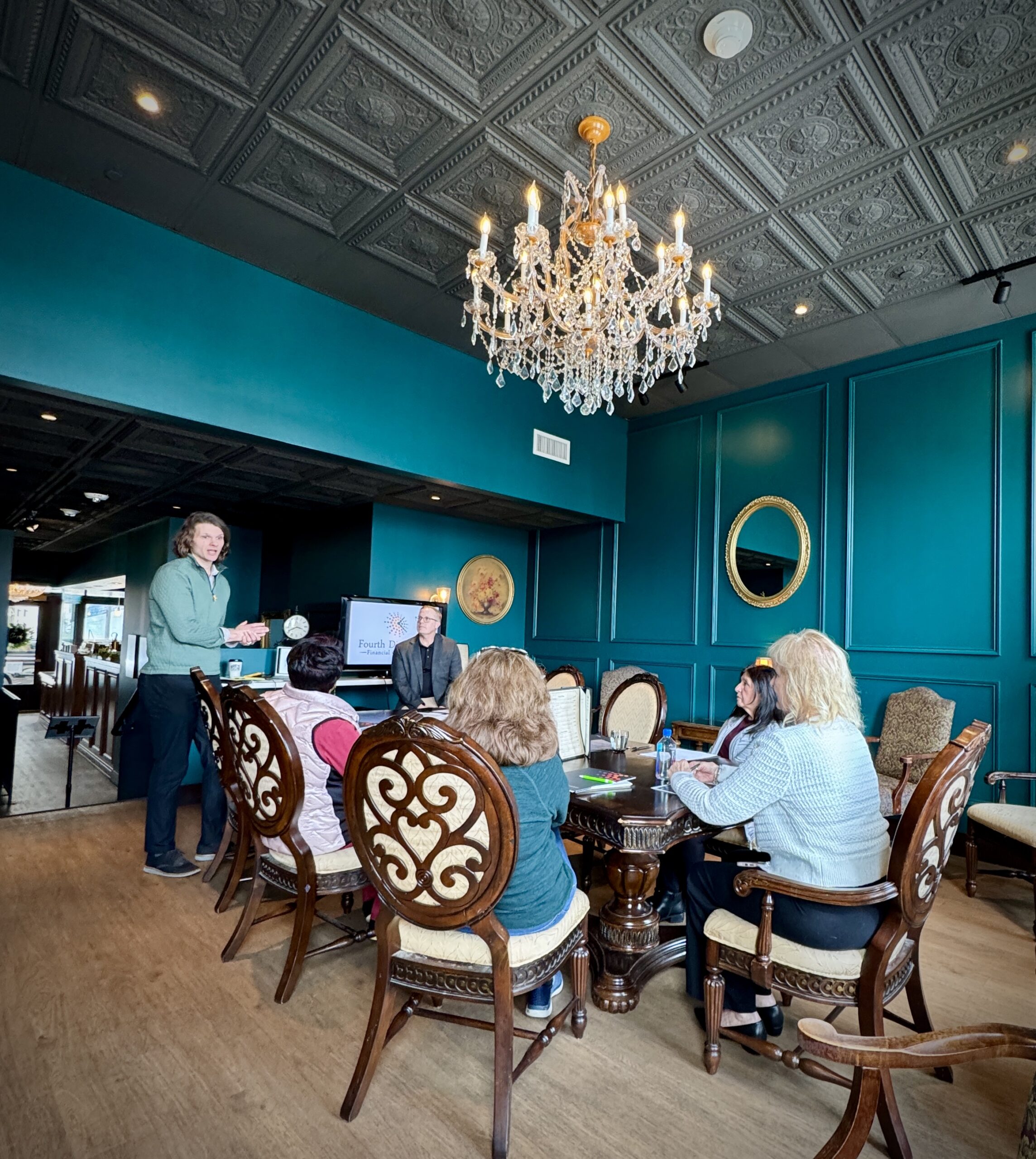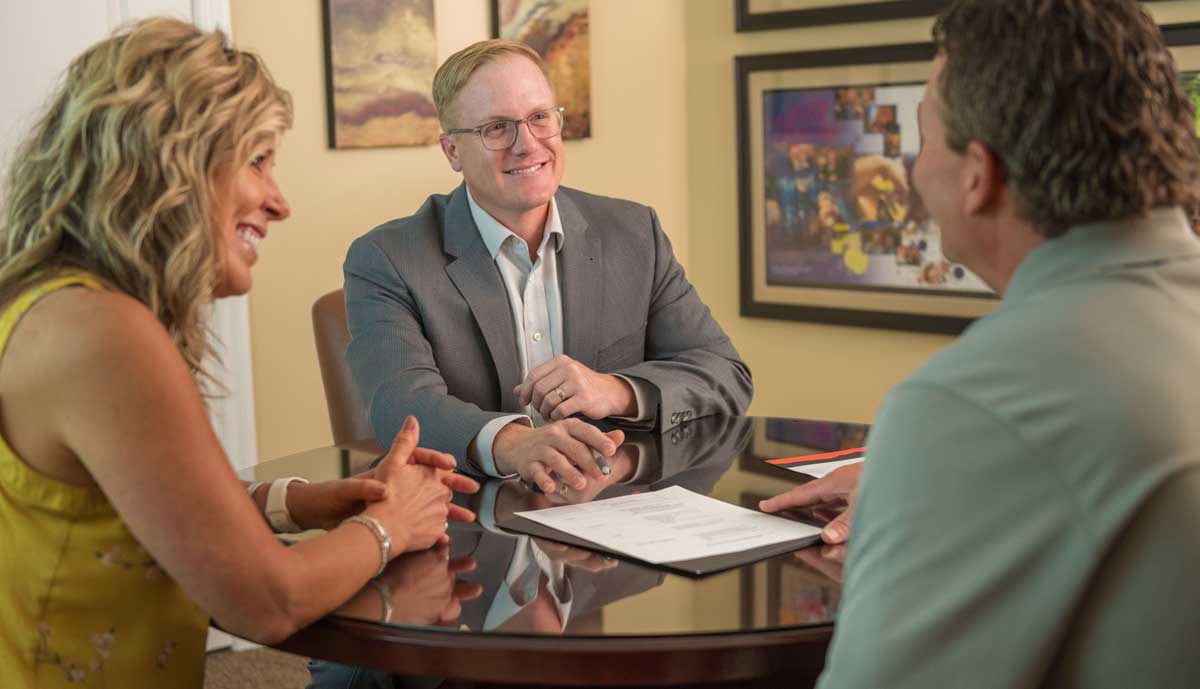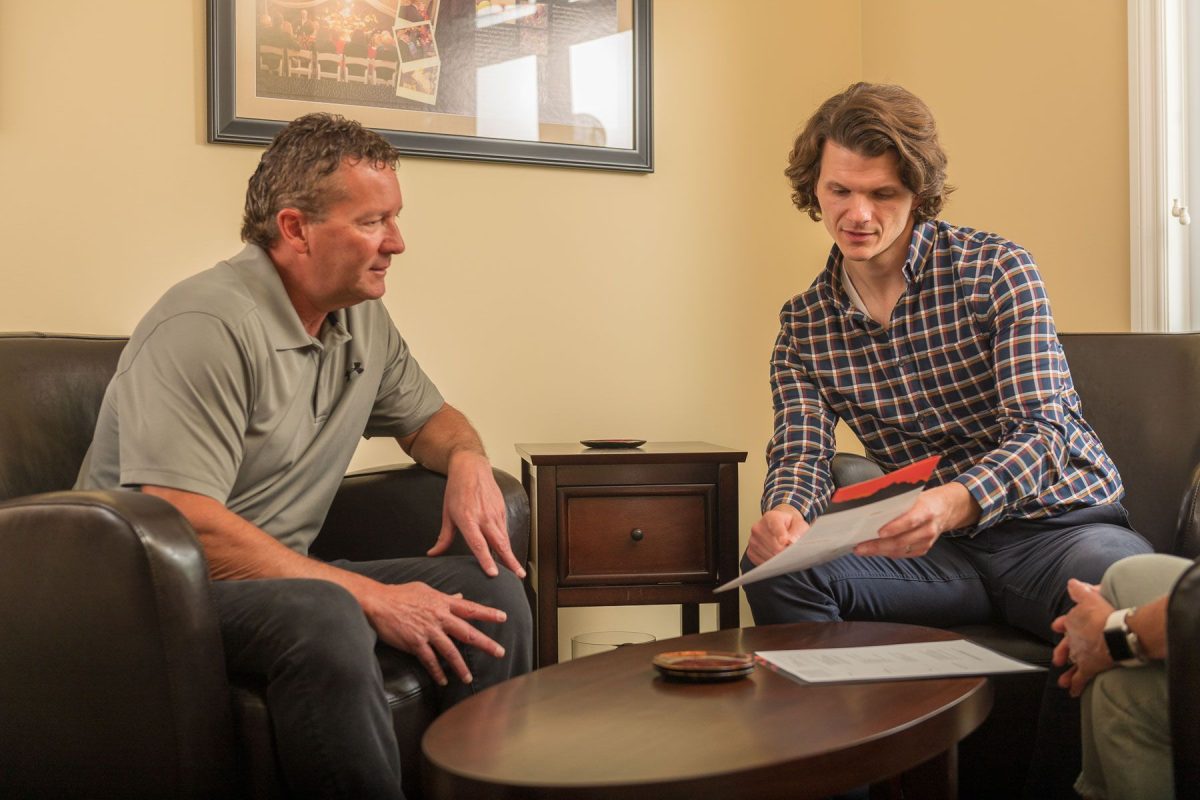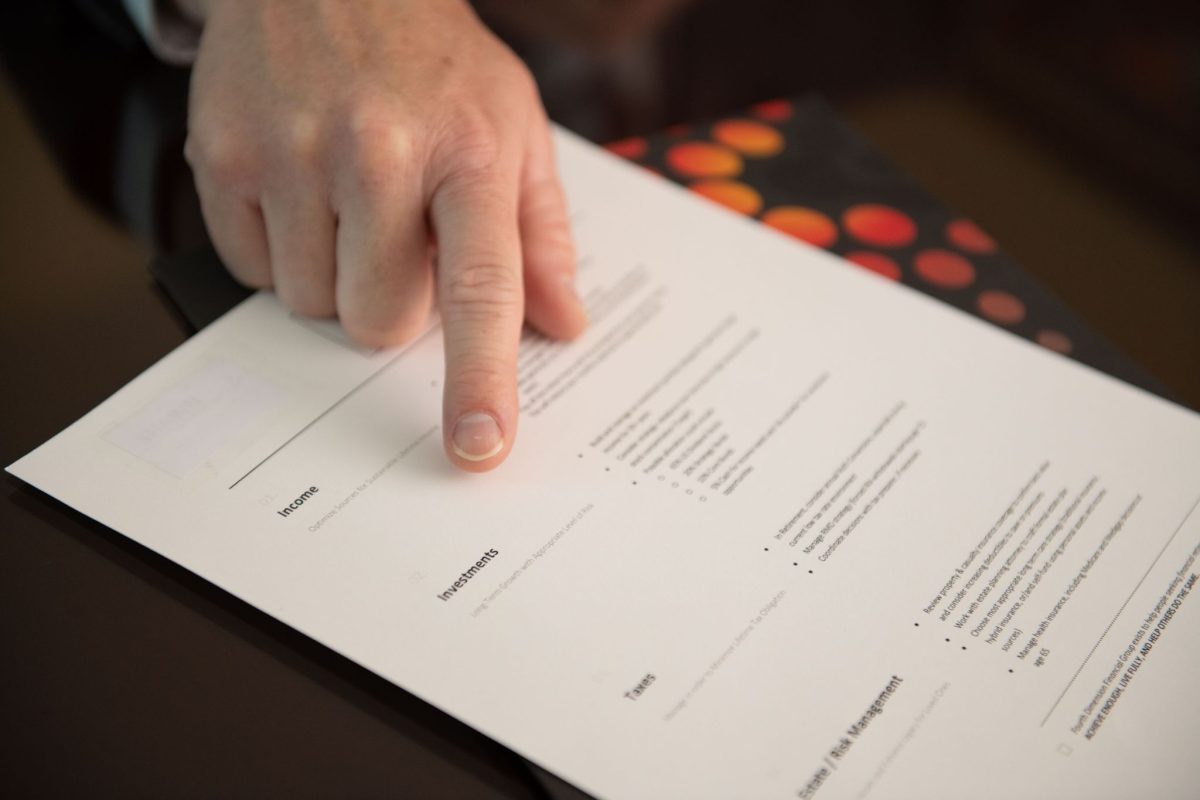When GPS first hit the scene, you know, that voice in the car that tells you where and when to turn, relationships were changed forever. No longer were spouses engaging in endless arguments about the best routes to take and the inevitable missed turn and whose fault it was. No, those days ended when satellites began doing the navigating work for us. We still find plenty of mundane topics to fight about in the car, but driving directions need not be one of them any longer.
With the holidays upon us, many of us are fortunate to be getting back together with family. We’ll have opportunities to reconnect with those we haven’t seen in awhile, and continue to love on the family members we stay closely connected with. What’s fascinating to me is the familiar role we play in our relationships and the almost unchanging nature of who we are within the family framework we’ve known for our entire lives. It’s almost as if we’re unable to escape our DNA and our family role and we’re incapable of being anybody other than who we’ve always been. The wise-cracking middle child picks up right where he left off making snarky comments and the taskmaster oldest child finds herself organizing family events as if it’s her design fault mode. It’s as if we’re trapped within our own lives, unable to see any other way of handling ourselves than the ways we’ve always known.
Having had the opportunity to meet and talk with so many adult couples over the years of doing retirement planning work, I’ve fallen in love with people-watching at close range. Witnessing long-married couples work through financial decisions provides a unique glimpse into the relationship roles we play. It’s as if we’re reading from a script, and to deviate from it will somehow throw everything out of balance. “You be you and I’ll be me and this is how we’ll decide this, okay?” And while the dynamic can result in perfectly logical and very reasonable outcomes, what happens when we invite a third party into the process? What will occur if we allow a sort of relationship referee to provide GPS direction services to our decision-making process?
In a nutshell, this almost always leads to options that weren’t clear without the third party’s input. The added perspective leads to something new almost every time. And why wouldn’t it? After all, it makes perfect sense that another person’s experiences and thought process would contribute something, anything, to the outcome. So why don’t we ask for this sort of outside counsel more often? Well, I’ll take a guess…it’s terrifying, that’s why. Having a stranger peer into our relationships has the potential to reveal our innermost thoughts and insecurities. Why would anyone want the added scrutiny?
At the risk of oversimplifying, I’ll offer this suggestion: if something is important enough to us that we could risk losing it all if it doesn’t go well, then maybe we should consider bringing in a third party to help us evaluate our thinking and decision-making. Examples might include: marital counseling, retirement planning, estate planning, medical counseling. Each of these areas has the potential to cost us an enormous amount if we leave things to chance. It’s one thing to make a wrong turn off the interstate but it’s another thing to leave a troubled marriage or a retirement on autopilot. For these areas, we’d be wise to seek the advice of someone who isn’t inside the relationship, those people with the most to lose and the least ability to see outside our own experience.
Imagine having a referee present at your family’s holiday party. Their role would be to guide you through challenging relationships and find ways for everyone to get most of what they want with the least amount of friction in the process. No more unspoken grievances, no more false assumptions, no more relationship sores left to fester. Just clear discussion leading to clear thinking arriving at clear results. How much peace would that bring?
We don’t yet have relationship referees in all areas of our lives. Sure, the GPS in the car is a game-changer for travelers, but what about within our family relationships that are so ingrained in us? How do we gain perspective over these matters? Consider the satellite that speaks with our phones and our cars; it’s able to see more because it sits above it all. The more distance it can create between itself and the object it’s guiding, the better its perspective. Perhaps we can all benefit by taking a step back and looking at our relationships from a greater distance. Do we want to fight with the person we care for? Do we want to make the same decisions we always do and end up with the same results we always get? If not, the only chance we have is to rise above the situation to see it more clearly or to ask a third-party – a relationship referee of sorts – to see it for us and tell us what they see. It might lead to an improved medical diagnosis, a bigger retirement nest egg, or a happier marriage, all outcomes worth taking a risk for. After all, it’s more fun to move forward when we know where we’re going.
All the best,

Adam Cufr, RICP®
Recent Articles

Show Your Work: Why Transparency Matters in Retirement Planning

Unlocking the Mystery of Income Taxes

Social Security Strategy: Do You Have One?

Pension Decision: Just One Critical Piece of Information Is Needed to Decide



